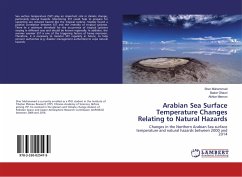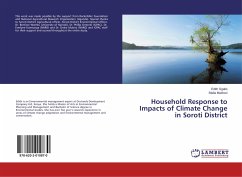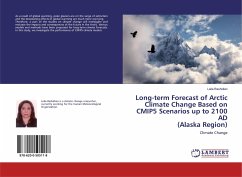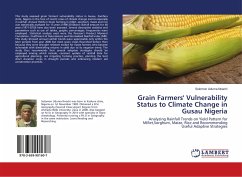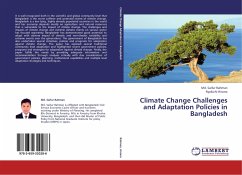
Exploring ethical challenges relating to climate change
Versandkostenfrei!
Versandfertig in 6-10 Tagen
36,99 €
inkl. MwSt.

PAYBACK Punkte
18 °P sammeln!
Climate change and climate variability creates both risks and opportunities worldwide. By understanding, planning for and adapting to a changing climate, individuals and societies can take advantage of these opportunities and reduce risks where possible. The consequences of climate variability and climate change are potentially more significant for activities that depend on local weather and climatic conditions. This book examines how farmers' perceptions of weather conditions have corresponded with the climatic data recorded at various meteorological stations in the Garden Route, South Africa...
Climate change and climate variability creates both risks and opportunities worldwide. By understanding, planning for and adapting to a changing climate, individuals and societies can take advantage of these opportunities and reduce risks where possible. The consequences of climate variability and climate change are potentially more significant for activities that depend on local weather and climatic conditions. This book examines how farmers' perceptions of weather conditions have corresponded with the climatic data recorded at various meteorological stations in the Garden Route, South Africa. Through the use of in-depth interviews, the book analyses farmers' adaptive responses and perceptions of climate change: Are farmers' perceptions and adaptation measures in line with climate data records, as well as with the predicted Southern Cape climate changes? Furthermore, the book incorporates three normative ethical approaches (utilitarianism, deontology and virtue ethics) to explore the ethical challenges these farmers experience.



